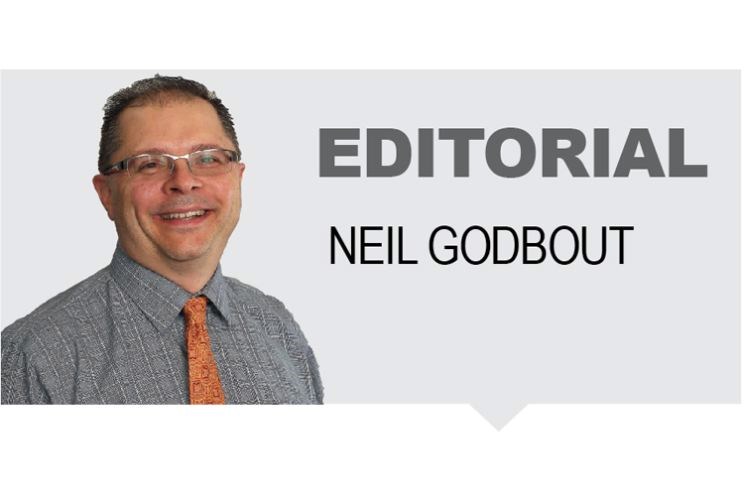We are in good hands. Our political leaders are following the advice of health professionals and setting a good example for the public.
That doesn’t mean, however, that we can’t be asking for both to do a better job and make their own changes on the fly, particularly as we see how the health officers and senior politicians in other provinces are communicating to the news media and the public.
Two federal cabinet ministers encouraged the provinces to provide more “granular data” to the public and to national authorities Monday morning. Granular data is fancy talk for more detailed information. That’s something The Citizen and other central and northern B.C. media outlets have been asking for steadily over the past seven days.
Northern Health is a massive region, roughly the size of France, with just 300,000 people spread out across about 600,000 square kilometres.
It’s a perfectly reasonable request to ask for more information about the five cases confirmed as of Monday morning in Northern Health. In what part of Northern Health are they? Are they at home or in the hospital? How old are they? What is their current prognosis and how are they being treated? What is being done to protect the people who came in recent contact with them?
What about people from other communities, such as Gordon Mohs of Mission, currently at home with COVID-19 symptoms, who travelled multiple times through the Prince George airport and spent time at University Hospital of Northern B.C. in Prince George on March 6 to help with his step-dad’s surgery preparations?
Dr. Bonnie Henry has made it clear she won’t be revealing additional information about the individuals who have tested positive out of individual privacy concerns. We’d like her and the provincial government to reconsider.
This pandemic has provided living proof on a daily basis that personal rights take a back seat to the health and safety of the collective in times of crisis. Providing additional information is not about outing the unfortunate people in this region who have been positively diagnosed. Rather, it would show that the provincial government has a good handle on what is happening in the northern half of the province, providing additional peace of mind to already highly-stressed area residents. Furthermore, it would go a long way to discredit the online rumours being taken as gospel by many individuals that start with “I heard from someone at the hospital” or “I know for a fact that…”
This is a time to trust in our political leaders and our public health officials. Trust, however, works both ways. They need to trust in area residents with as much information as possible. Not doing so erodes that trust and no one wins when that happens.
- Editor-in-chief Neil Godbout



